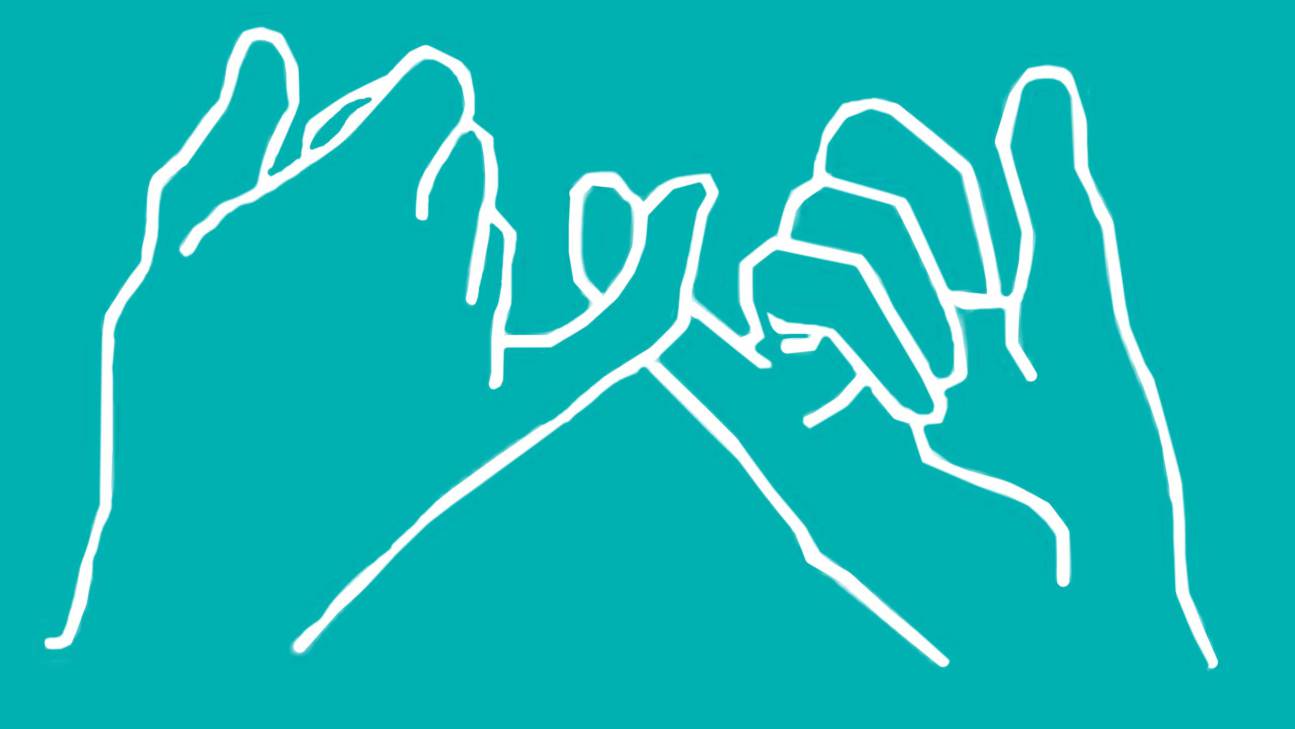By Hayley Hanks
Last semester, the RSU equity service centres campaigned for a university-wide referendum to give $5 of tuition fees per student to the Good Food Centre (GFC) and the Sexual Assault Survivor Support Line (SASSL).
As a result of the Feed Students, Support Survivors campaign, which passed in November 2017, each centre will receive approximately $186,265 in funding. The funding will come in September 2018 after the first rounds of the fall semester’s tuition are received.
“There’s going to be a huge shift for the actual services that students will be receiving in terms of not only quality but also quantity,” said Camryn Harlick, the Ryerson Students’ Union (RSU) vice-president equity. Harlick coordinates the six equity service centres the RSU provides.
The GFC provides free food and support for those experiencing varying degrees of food insecurity on campus. Claire Davis, one of the GFC’s coordinators, said one of the most noticeable changes the extra funding will allow them to do is enrich their already existent programming so that participants get more out of it.
This means students and community members will be able to access programming that teaches them about things like community gardening or meal planning. The goal is for participants to walk away with tangible food or knowledge, like a week’s worth of meals from a meal planning workshop.
“It’s going beyond just that Band-Aid fix of a food bank and also opening up more conversations around student food insecurity,” Davis said.
The GFC also plans to hire a full-time coordinator, alleviating some of the operational responsibility from the three part-time student staff already there. Davis says a full-time coordinator means the centre’s hours can extend, accommodating more student and family schedules that stretch into the evenings. Davis said currently, volunteers stay open past the scheduled hours because they know people need to access food at later hours.
One of the biggest changes the GFC looks forward to is a bigger space. Currently, the centre works out of two connected rooms in the Student Campus Centre. Davis says having a larger space will allow them to store more food and host larger workshops. Her goal is to make the GFC a place of community, not just a food bank on campus.
“Us being able to operate beyond what we ever have, there’s so much potential with that…those are really tangible differences that [students] will be able to experience,” Davis said.
SASSL provides confidential support to survivors of sexual violence. Currently, the line has around 20 volunteers and will be training 30 more this semester.
Cassandra Myers, one SASSL’s two part-time student coordinators, said between training volunteers and actually running the line, it was clear more help would be needed if the service was to run optimally and provide better support to community members.
“Trying to make sure that we’re as transparent as we can [be] as to what we do do, and creating a trust and reliability with the students is something that I’ve had to sacrifice in order just to keep this going at all,” said Myers.
SASSL plans to use its referendum funding to have a drop-in decompression space separate from the room used to take calls. According to Myers and Harlick, the hope is that SASSL will occupy the GFC’s old space once they relocate.
This will allow those on campus to have a private space for one-on-one peer support, as well as a place for community to form without compromising privacy. There will also be more space to store the increased supply sexual health supplies like pregnancy tests they plan on getting.
Increased support in one service centre will also alleviate some of the pressure on other centres. Myers said right now, since the Centre for Women and Trans People houses SASSL, some topics dominate the conversations and resources. By diversifying the spaces where women and femmes can access the services they need, both equity centres will be able to provide more direct and enriching support.
“They always end up talking about sexual violence. So we’ll kind of offload some of those conversations so that the Centre for Women and Trans People can have conversations about all of the other things that feminism touches upon,” Myers said.
Harlick says SASSL will eventually become its own centre that deals with sexual health support and providing support to sexual assault survivors. They said the new centre could be created by September 2018, depending on the priorities of the incoming students’ union.
The need for the referendum arose organically from each centre’s increasing demand for service. For the GFC, Davis said the number of people accessing the service continued to grow, and the barriers that made those experiencing food insecurity on campus were only getting stronger.
“We ended up in a spot where we were like, ‘We can improve our service and respond to that demand, or we can just kind of give the bare minimum,’ which is what we felt like we were doing up to that point,” Davis said.













Leave a Reply